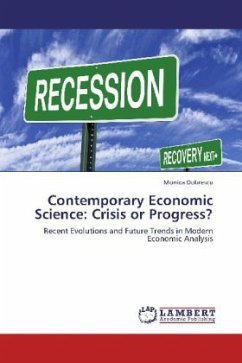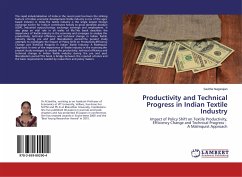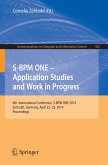Measures of progress serve as a crucial link between
the economy and the nation s policymaking
establishment. Given that the idea of efficient
allocation of resources is such a powerful influence
in economics, a progress measure needs to account
for most aspects of progress so it can serve as a
basis for decisions to improve resource allocation.
However, the conceptualisation of progress is
fraught with difficulties, misconceptions and
contradictions. Primarily, the contested nature of
the concept leads to a general lack of agreement on
a number of issues, such as adopting an appropriate
conceptual framework and methodological approach.
Over time, the term progress has adapted to reflect
needs. So has its measurement.
The book sets out to identify aspects of income and
non-income generating activity as well as to omit
factors that generate income without necessarily
contributing to the progress of a nation. The book
develops an index that incorporates the meaningful
underlying dimensions contributing to national
progress.
the economy and the nation s policymaking
establishment. Given that the idea of efficient
allocation of resources is such a powerful influence
in economics, a progress measure needs to account
for most aspects of progress so it can serve as a
basis for decisions to improve resource allocation.
However, the conceptualisation of progress is
fraught with difficulties, misconceptions and
contradictions. Primarily, the contested nature of
the concept leads to a general lack of agreement on
a number of issues, such as adopting an appropriate
conceptual framework and methodological approach.
Over time, the term progress has adapted to reflect
needs. So has its measurement.
The book sets out to identify aspects of income and
non-income generating activity as well as to omit
factors that generate income without necessarily
contributing to the progress of a nation. The book
develops an index that incorporates the meaningful
underlying dimensions contributing to national
progress.








